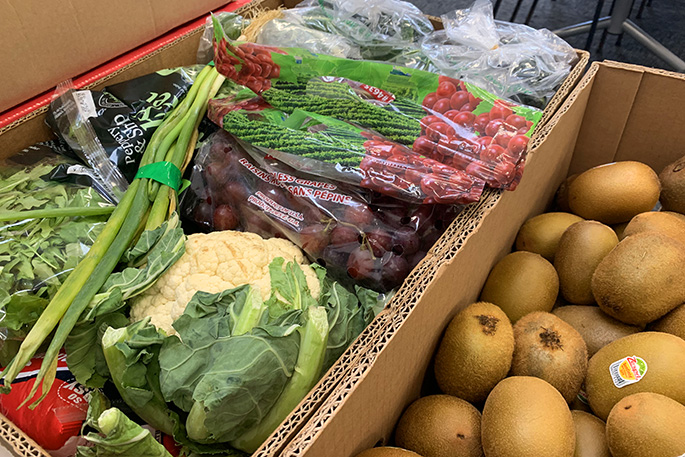The government must urgently tackle rising food insecurity in Aotearoa, affecting one-third of children, especially in Pacific and Māori households. The NZ Health Survey 2023-2024 shows that the number of children in homes with insufficient food increased from 21.3% to 27% in just one year.
Over half of Pacific children and over a third of Māori children were from homes where they were not getting the food they needed sometimes or often.
"Households are spending a lot more on food, not only due to price increases but also from the impacts of the deeper forces of escalating fixed costs of housing and power bills, to name a few, which means left-over money available to spend on food is diminished," Health Coalition Aotearoa (HCA) food policy expert advisory group member and registered dietitian Mafi Funaki-Tahifote said.
The data reflected what she was seeing in her work in Auckland, particularly in the South Auckland community.
She said poor access to healthy food had a significant impact on children’s health and well-being, which is why the data was devastating news.
"It impacts on their growth, on their health such as on their immunity, on their educational ability and how well they do at school. Nutritionally those kids are not able to function optimally in terms of concentration, their moods, studies, play and sports."
The high number of children going without food was an indictment on Government actions that have penalised the most vulnerable communities and failed to ensure health and wellbeing are prioritised over commercial goals in its food policies, HCA co-chair Professor Lisa Te Morenga said.
"This is a result of political decisions, like aligning benefit increases to the CPI instead of wages, imposing benefit sanctions and failing to ensure access to healthy food for all households."
HCA urges the Government to urgently expand the healthy school lunches programme and establish a coordination group for all food policy. The group should focus on ending food poverty and reversing damaging economic and social welfare policies that put children’s health at risk.
Te Morenga said about 30 ministries and agencies are responsible for food, but there is no coordination to ensure that people can access what they need.
"These findings show how important programmes like the free healthy school lunches are as a vital safety net for food insecure children. It also shows that we urgently need to expand it because many of the children impacted by food insecurity go to schools that aren’t eligible for the lunches under the current criteria," Te Morenga said.



0 comments
Leave a Comment
You must be logged in to make a comment.